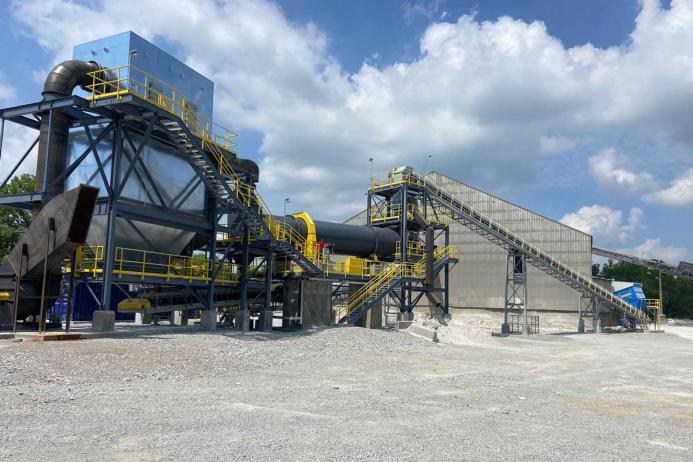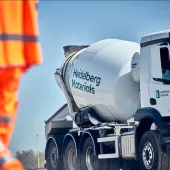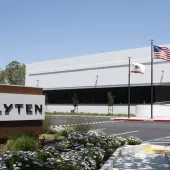Heidelberg Materials converts US cement plant
Heidelberg Materials has announced the successful conversion of its cement plant in Speed, Indiana, USA, to a slag grinding facility to better support the increased demand for sustainable products in the fast‐ growing Midwest market.
Following last year’s opening of its new state‐of‐the‐art cement plant in Mitchell, Indiana, Heidelberg Materials ceased portland cement production at its manufacturing site in Speed, Indiana, and invested in modifying the facility to produce slag cement from domestically sourced slag granules. Replacing a portion of conventional portland cement with slag cement in a concrete mix significantly lowers its environmental impact. The Speed site, which has an annual grinding capacity of more than 400,000 tonnes, also serves as a distribution hub for cement produced at the Mitchell plant as well as a broad range of specialty cementitious products.
The adjustments made at the Speed plant reflect Heidelberg Materials’ strong commitment to achieving net‐zero emissions in North America. Recently, the company has been selected for funding of up to US$500 million (£395 million) by the US Department of Energy to advance industrial‐scale carbon capture, transport, and storage at its Mitchell cement plant. At the Edmonton cement plant in Alberta, Canada, Heidelberg Materials is currently developing the world’s first full‐scale carbon capture, utilisation, and storage solution in the cement industry.
Heidelberg Materials follows an ambitious global climate strategy, aiming to generate 50% of its revenue from sustainable products that are either low‐carbon or circular by 2030. The company plans to achieve net‐zero emissions by 2050 at the latest.







